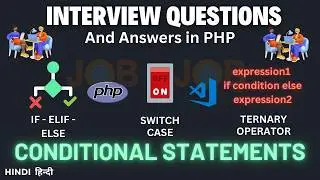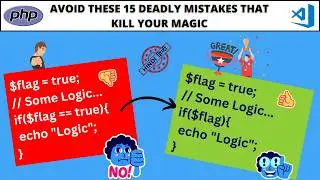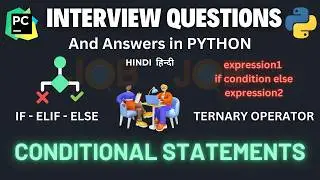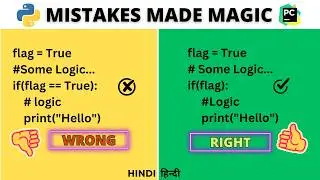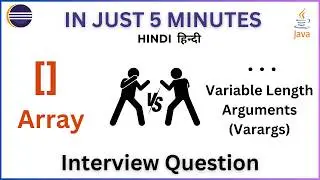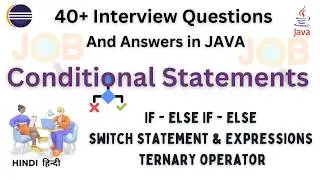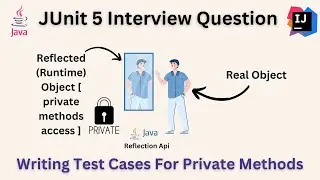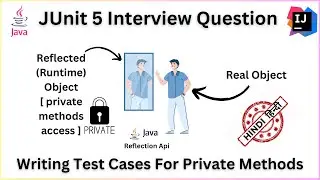Parameterized Tests in JUnit 5 | JUnit 5 Tutorial | Junit | Junit 5 | Java Testing | Junit in hindi
In this video we are going to learn about how parameterized test done in junit 5 with
@ValueSource
@NullAndEmptySources
@EnumSource
@MethodSource
@CsvSource
@CsvFileSource
@ArgumentsSource
Unlock the full potential of your testing suite with parameterized tests in JUnit 5! In this in-depth tutorial, we delve into the intricacies of parameterized testing, a powerful feature that allows you to execute the same test logic with multiple sets of input data. Learn how to define parameterized test methods, specify test data using various sources such as CSV files and Enumerations, and leverage dynamic tests for increased flexibility. Follow along as we demonstrate practical examples and share best practices for incorporating parameterized tests into your Java projects. Whether you're a beginner or an experienced tester, this video provides the guidance you need to enhance your testing strategy and ensure comprehensive test coverage.
Parameterized tests allow you to run the same test method with different input values, making your test suite more versatile and efficient. We’ll cover:
What parameterized tests are and why they matter
How to create parameterized test methods
Examples of using different data sources (CSV files, enums, custom providers)
Best practices for organizing and structuring parameterized tests
how to test private methods in junit,
parameterized test junit 5,
junit automation testing,
junit tutorial for beginners,
user testing practice test,
junit testing in java vscode,
how to write junit test case for exception,
junit in IntelliJ,
junit 5 testing in java,
how to test private methods in junit,
parameterized test junit 5,
junit tutorial for beginners,
junit in IntelliJ,
how to write junit test case in java,
how to test private methods in junit,
junit,
junit interview question,
junit in IntelliJ,
how to test private methods in junit 5,
junit 5,
junit 5 interview question,
junit 5 in IntelliJ








